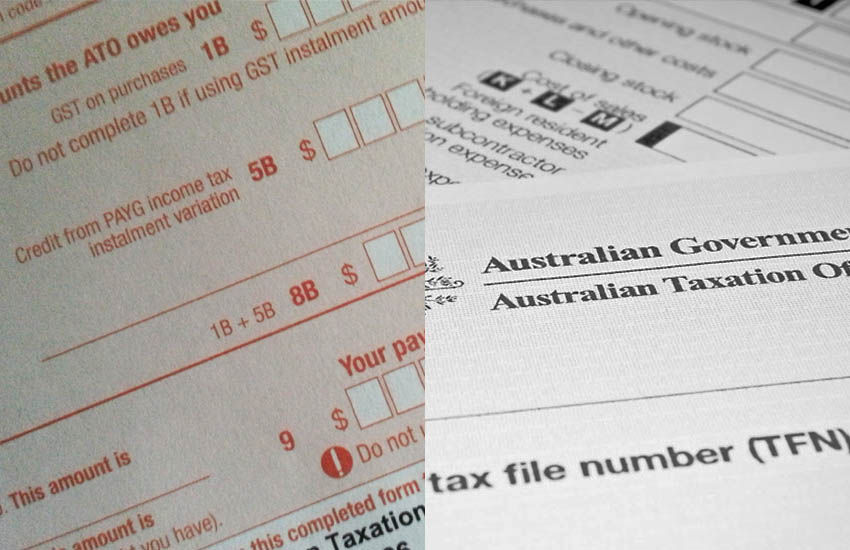Small business owners typically rely heavily on tax practitioners to comply with their income tax obligations, with over nine in 10 businesses using a registered agent to lodge their income tax returns.
You’re out of free articles for this month
However, when it comes to BAS and IAS lodgements, only 53 per cent used an agent, with the rest choosing to self-lodge, according to the ATO’s 2016–17 data.
Speaking to Accountants Daily, Anderson Tax & Consulting director Debra Anderson said the amount of businesses self-lodging highlights how many underestimate GST reporting.
“I think the majority of business owners appreciate or understand the complexity of income tax returns, if for no other reason except the form is infinitely more complex; however, they underestimate the complexity around GST reporting,” Ms Anderson said.
Ms Anderson also noted the rollout of Simpler BAS in 2017, increasing the simplicity of the form and making it easier for businesses with simple affairs to self-lodge.
“Theoretically, the BAS form is simple, but unfortunately, the GST legislation isn’t as straightforward, with GST only being levied on approximately 60 per cent of goods and services,” she said.
“The complexity comes in when determin[ing] what does or doesn’t have GST in it, and the recent changes to GST law around overseas supplies have made it even more complex, with many overseas suppliers now charging GST and some not and no easy way for anyone — agents or businesses — to know whether GST is included or not.
“Another factor could be that the BAS agent is still a relatively new type of agent, and I feel that within the general business community there is still a relatively low awareness of the existence of BAS agents and how they can help businesses.”
Estimates regime set to expand to GST
Concerns around GST liabilities recently surfaced with the ATO releasing draft Practical Compliance Guideline 2019/D4 on how it will administer the expansion of the estimates regime to GST, luxury car tax (LCT) and the wine equalisation tax (WET).
The expansion is currently being proposed in the Treasury Laws Amendment (Combating Illegal Phoenixing) Bill 2019, and allows the commissioner to make company directors personally liable for outstanding GST, LCT and WET liabilities, on top of the current estimates and director penalty regimes for PAYG withholding and superannuation guarantee liabilities.
Jotham Lian
AUTHOR
Jotham Lian is the editor of Accountants Daily, the leading source of breaking news, analysis and insight for Australian accounting professionals.
Before joining the team in 2017, Jotham wrote for a range of national mastheads including the Sydney Morning Herald, and Channel NewsAsia.
You can email Jotham at: This email address is being protected from spambots. You need JavaScript enabled to view it.

 Login
Login







